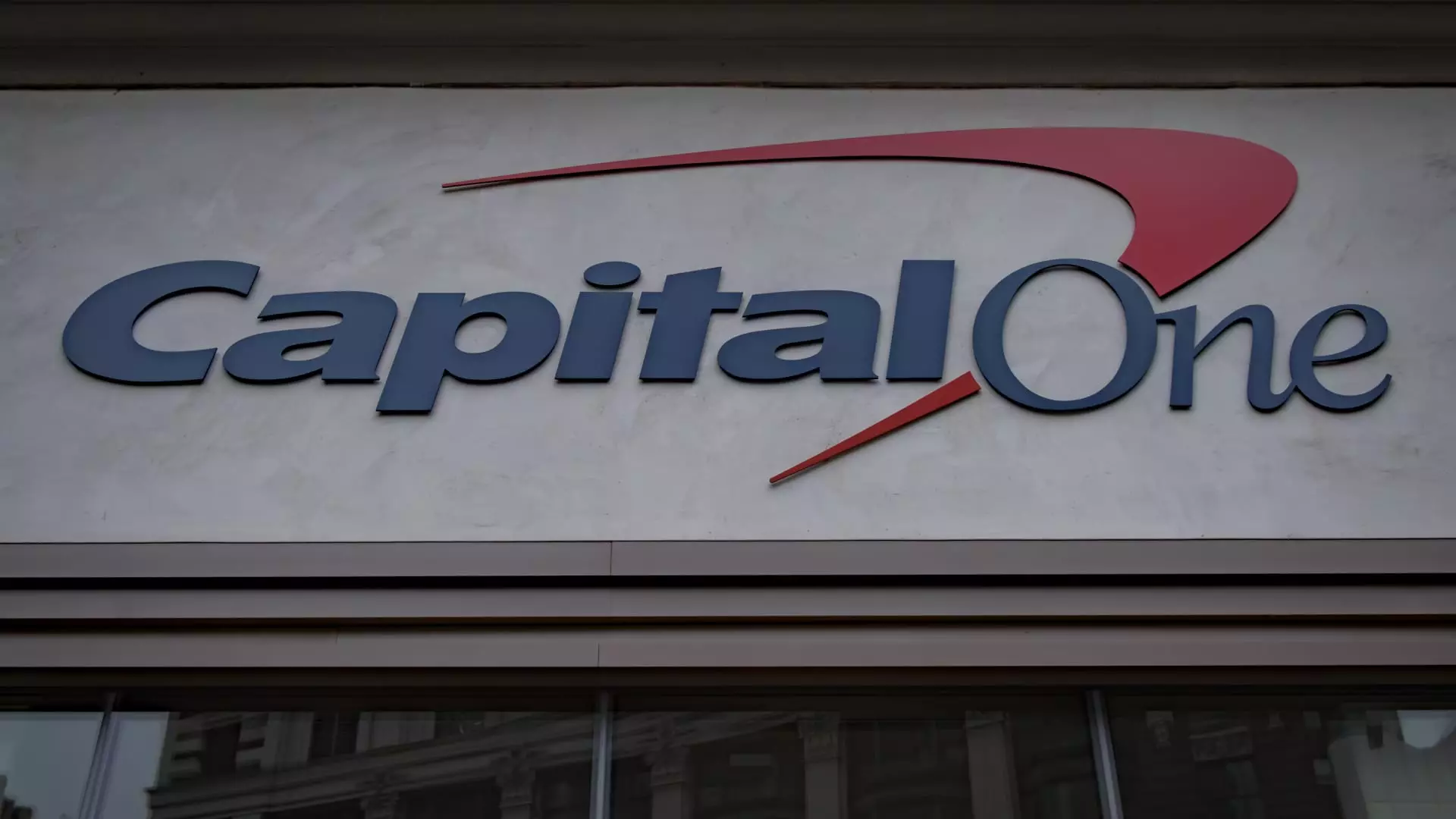In a move that sets a significant precedent within the financial sector, Capital One Financial has received the green light from the Federal Reserve and the Office of the Comptroller of the Currency for its jaw-dropping $35.3 billion acquisition of Discover Financial Services. This decision reflects not just regulatory approval, but a deeper narrative about the evolving landscape of banking and finance in America. It raises pivotal questions about competition, consolidation, and the future direction of consumer financial services, especially amidst ongoing economic uncertainties.
This acquisition, initially announced in February 2024, comes with a notable twist: Discover shareholders will receive a 26% premium on their shares, a sum translating to 1.0192 shares of Capital One for every Discover share exchanged. Such favorable terms for Discover’s investors signify a strategic play by Capital One to enhance its market position. However, in a sector plagued by rising fees and regulatory scrutiny, does this merger genuinely benefit consumers, or merely inflate corporate profits?
Regulatory Scrutiny and Consumer Welfare
The Federal Reserve’s extensive review process didn’t just involve a cursory glance at Corporate balance sheets. Instead, it took into account the pivotal dimensions of community needs and the prevailing competitive environment. It’s crucial to scrutinize this aspect—the regulators’ concern about community welfare should never be merely a box-ticking exercise. Capital One, while expanding its deposit base and enhancing credit card offerings, must fundamentally address the “corrective actions” mandated by the Fed and the OCC concerning Discover’s past transgressions, including the recent $100 million fine for overcharging on interchange fees.
This component raises eyebrows: will existing customers genuinely experience improved services, or will financial institutions continue to leverage their power in ways that could justify such fines? A merger of this scale risks creating a corporate behemoth that could sidestep regulations and focus on profit margins over consumer engagement and satisfaction.
The Future of Consumer Credit and Banking
As the merger gears up for closure around May 18, 2024, one has to ponder the implications for consumer credit. In a financial ecosystem where competition fosters innovation and lower prices, every merger invites concern about monopolistic behavior. The fact that combined ownership will have Capital One shareholders controlling 60% of the new entity raises apprehensions about the potential for diminished competition.
Yet, amid these challenges lies an opportunity: a streamlined service offering may emerge, potentially benefitting consumers who demand not just quality, but convenience. If executed correctly, with an earnest commitment to regulatory compliance and consumer rights, the consolidation of these two giants could set new standards for the industry. But will Capital One rise to meet this challenge, or will it succumb to the age-old corporate temptation of prioritizing profit over principles?
Capital One’s acquisition of Discover isn’t only about numbers; it’s about shaping the future of personal finance in a way that serves all stakeholders. The pressing question remains: can they navigate this complex landscape without losing sight of ethical responsibility?

